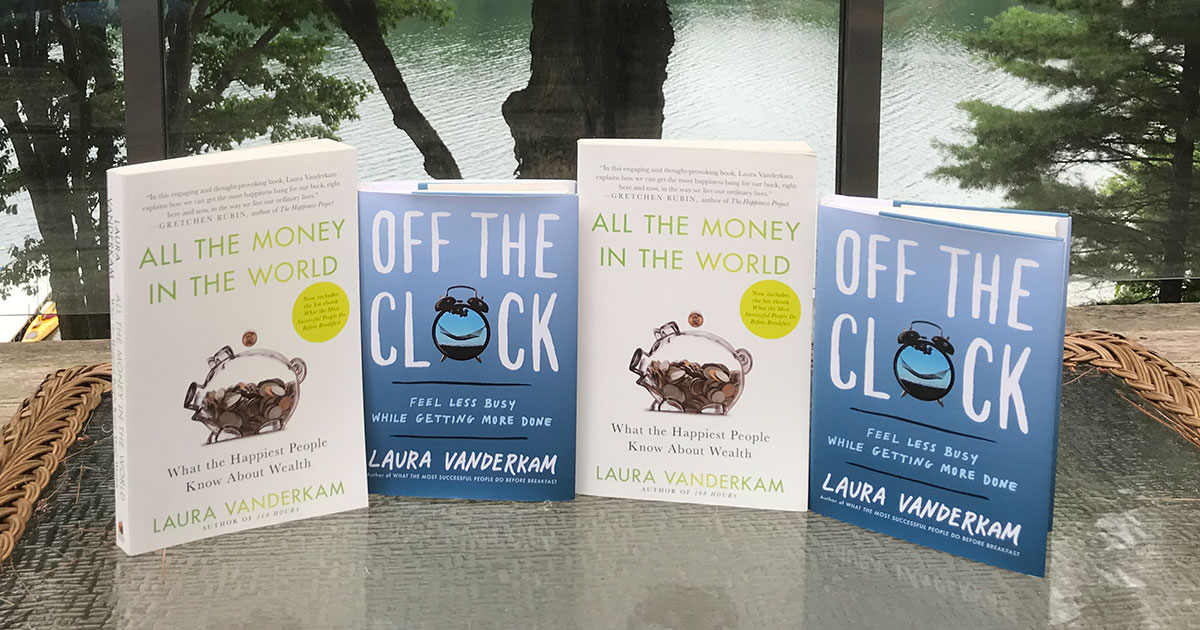
I’m a self-proclaimed “Woman of Extremes”.
I’m either working hard or playing hard—whether it’s helping clients make their dreams a reality in my financial planning business, writing blogs, giving talks, or spending time with my horse Stella, it’s rare that I feel at a loss for things to do!
So, as I was heading back to work after three glorious weeks of vacation spent with horses, dogs, family and friends, this book, Off the Clock by Laura Vanderkam caught my attention. It motivated me to revise how I approach both my work and my life outside of it—it’s brought the concept of mindfulness front and center.
I learned how my approach to life and work is a mindset with the potential to be a source of stress and ongoing frustration.
I often wonder why I don’t allow myself the pleasure of enjoying life, no matter what I’m doing—why do I feel that work and play are diametrically opposed activities?
Now, to be fair, I do bring lots of enjoyment into my work. I love what I do both at work and at home. Yet for me, time for work is time for work, and the same for play. Additionally, I basically see all weekdays as work days and the weekend days are strictly for play.
While I call this “disciplined laser focus,” Ms. Vanderkam would almost certainly call it something else!
I had hoped by reading this book I would find new and creative ways to both savour my life and my work, all in the same day, lingering in the moment and therefore enjoying what is, not what could be all—an important part of mindfulness. I also want to find ways to become less rigid at work, based on how I approach and experience my days.
I’ve gotten so many great ideas and tools that are quickly shifting my perspective/mindset and in turn, my behaviour. So much so that I wanted to share Vanderkam’s “Seven Secrets of People With All the Time in the World”.
Along with that, I want to reflect on how many, if not most, of these secrets pertain to financial life planning.
Before we get to that, don’t miss this post where I discuss estate planning with your loved ones.
1. Tend your garden.
Mindfulness is not new.
Becoming mindful of your time, how you spend it, and who you spend it with can be very revealing: “The daily discipline of minding one’s hours changes the experience of time. It can lead to a savoured life”.
In my office, we all started tracking our time and more. We had fun starting a stopwatch to determine how much time we spent completing certain activities. We turned it into a game with the ultimate goal of being more efficient and productive with our time at work.
There’s good reason for becoming more productive and efficient with our time.
First of all, Financial Literacy is extremely important to us and we have two innovative and fun financial literacy courses we’re going to launch in the upcoming months.
Also, developing our visual philanthropy toolkit—the model to accompany our focus on meeting the philanthropic needs of our clients and prospective clients—is a high priority.
We intend to achieve all this in addition to fulfilling our current client’s needs. This means regular meetings and more effective communication are increasingly vital as we move forward.
Working in financial services, we also know that once people start to become more mindful of their spending by tracking it, the amount getting spent goes down (an effective immediate achievement).
The additional benefit is we start gaining valuable insights into why we spend what we do. Like how we spend our time, how we spend our money helps us gain a better understanding of what we’re actually doing in a tangible and practical sense, and from there we can decide if that’s what we want in our lives.
Have you thought about what you want your legacy to be? Have a look at this.
Vanderkam encourages you to create daily intentions; i.e., what three accomplishments would make me feel like you got a lot done today? What do I like about my schedule? What would I like to spend more time doing? What would I like to spend less time doing? How can I make that happen?
These are questions that take little time to ask and answer at the beginning of your day, but can have a tremendous impact on what you accomplish and how you feel afterwards.
2. Making life memorable: How to make today different and therefore memorable from other days.
Becoming more mindful of how we spend our time helps make our days memorable, and there are ways to prepare our brains and our lives to make that happen.
I found it fascinating to read that the people who do something memorable within their day are way more likely than the average to agree that they generally have enough time (her time perception survey reveals all sorts of gems that I am sure you’ll find interesting) for the things they want to do.
The major question to ask yourself each and every day is this: “Why will today be different from other days? Why will tomorrow be different from other days?”
These questions open the door for your brain to explore the answers that will in fact make life memorable, and overall more enjoyable.
Vanderkam has a lot of ideas on how we can evoke and linger on our memories that were fulfilling and help to create more of what she calls “indelible days”.
Vanderkam has lots of suggestions in her book on how this can be achieved, without spending a lot of money to make it happen!
3. Don’t fill time.
“Celebrate your time dividends”
As you invest more of your time focusing on the things that truly matter as opposed to time wasted on social media for example, you’d be surprised at the freedom you’ll feel by opening up more choices and becoming aware of how to make life more memorable.
4. Linger.
I feel as though Vanderkam gave me permission to savour each moment. Given she links this to greater happiness, I thought, why not?!
Her suggestion to “try creating mini daily vacations…by building into your life today consciously savoring something” was precisely the prompt I needed. I now remind myself each day to do just that. I have been pleasantly surprised at how easy it is and how I am reaping the dividends from this investment in how I approach each day and my time.
5. Invest in your happiness.
What makes you happy? Where are your pain points? How can you plan activities that make you happiest into your day? Start your day with those questions and see how can you move minutes out of the categories that bring you pain.
This, for me, was the equivalent of doing the things I love and delegating the things I don’t love.
Thankfully this has become easier because I have a remarkable team of people working alongside me. So by learning how to delegate more often—and more effectively—I’m freeing up my time to do more of the things I love, both at work and at home.
6. Let it go.
There were two aspects of this chapter that I particularly loved.
One was the concept of Maximizers vs. Satisficers. I see myself very clearly as a Maximizer—or someone always wanting the absolute best options. What’s wrong with that? My question exactly.
Maximizers tend to be perfectionists. According to Vanderkam, there is no such thing as getting it perfect every time so we set ourselves up for disappointment which sucks our energy away from our personal lives and our work.
Not only that, but Satisficers tend to be happier because, “they don’t waste time ruminating over choices and expectations. People who want the best tend to be prone to regret when their choices turn out not to be perfect in some way.”
Enough said.
I am told that I can change and become more of a Satisficer, so that’s something I’m working on.
The second concept was BTN goals: Better Than Nothing Goals. I saw the logic in this idea.
Given that I am an “overachiever,” setting the bar much lower means I am confident that I can achieve my goals while striving to exceed them.
7. People are a good use of time.
As an introvert, when I’m done work, I tend to head home, revel in the fact that we live in paradise, on a beautiful lake in the country and feel blessed. I am less inclined to spend time with friends, especially during my work day or after a work day.
I am happy to say I’ve changed that and am much happier as a result.
Taking the first step toward this kind of change can feel daunting. That’s why I recommend you read this first.
These are some of the 7 most helpful points from the book that have made a big difference for me in how I spend my time, and the mindfulness that has come along with it.
If you’d like to get in touch and figure out if we’d be a good fit for your financial planning needs, don’t hesitate to contact me today!
Did you find this article useful? Here are three more you might also enjoy:
6 questions to ask a financial planner
Who do you want to benefit from your money when you are no longer here?
Estate planning with your loved ones
This article was originally published on August 17, 2018, and has been updated.

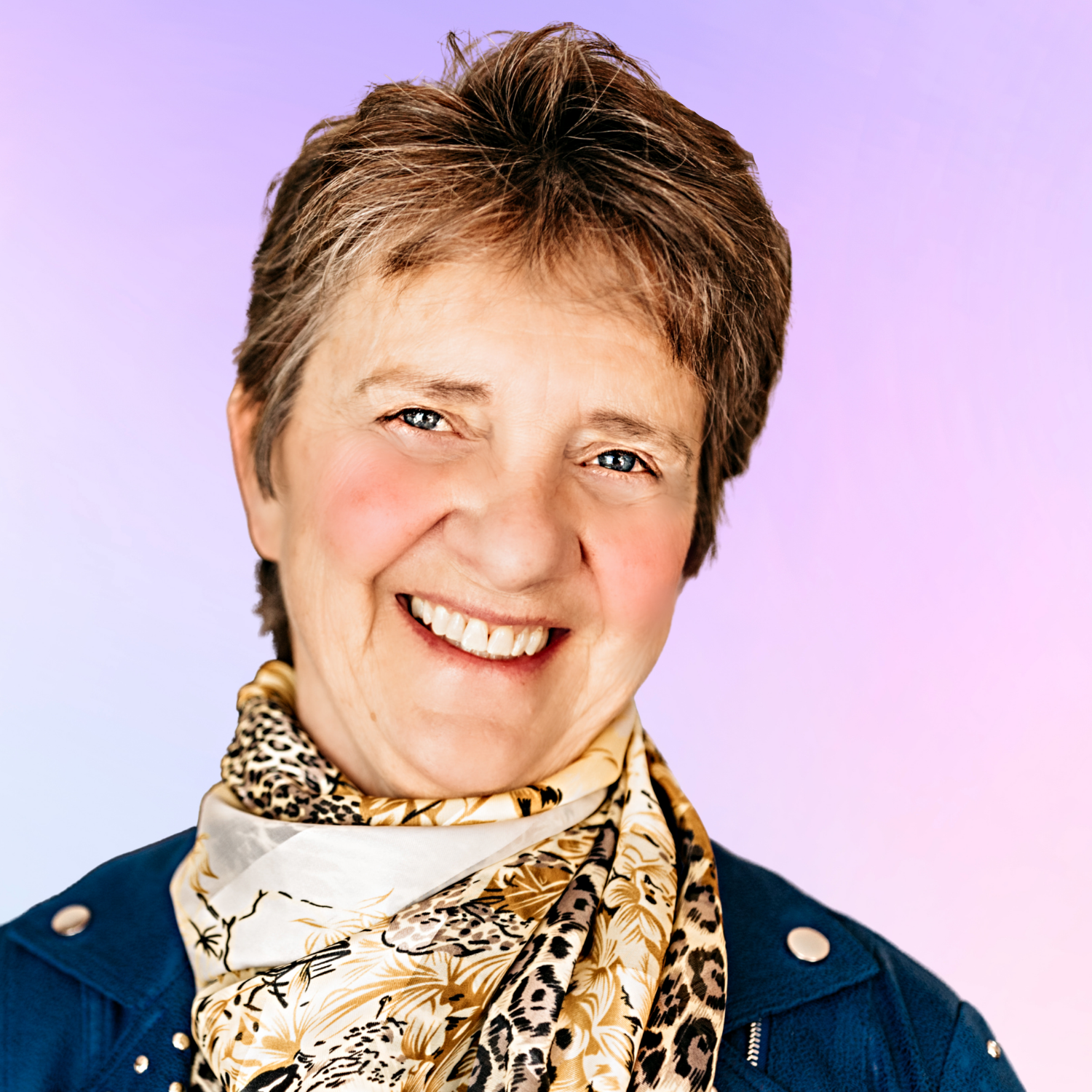
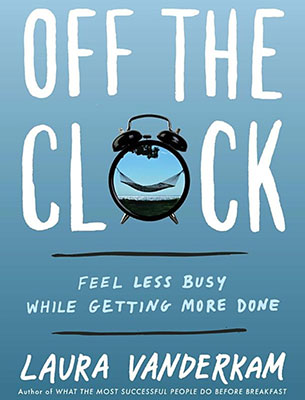
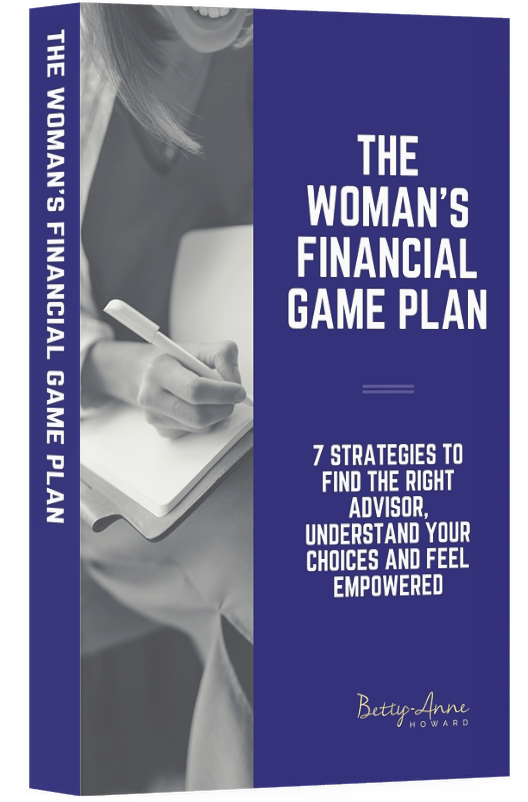
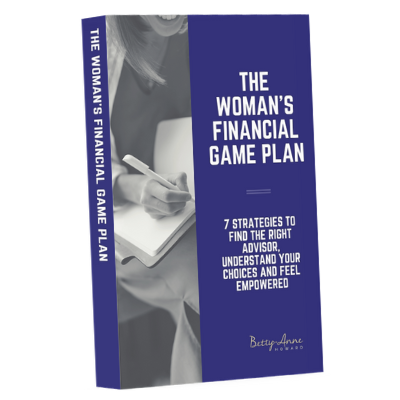

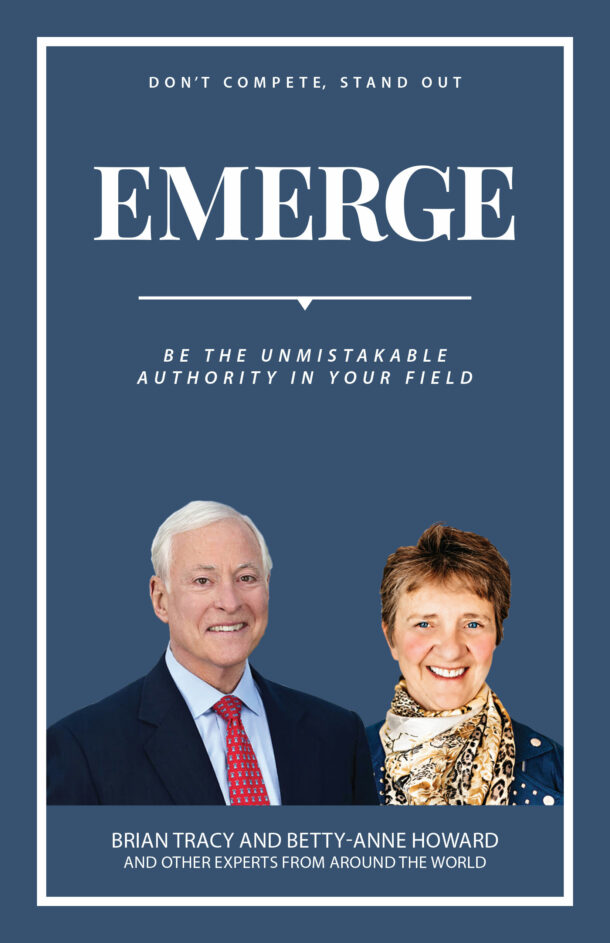
0 Comments